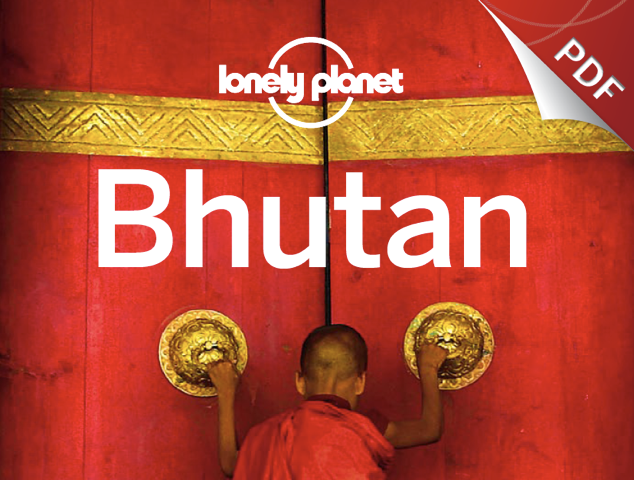WELCOME ! I’M DHENDUP, YOUR TRAVEL AGENT TO BHUTAN
Some travel tips shared with my guests…
A good journey means often a good preparation ! here i supply general infos for a good start. The “LONELY PLANET BHUTAN” is readable here for preparing your journey with 4BTRAVEL.COM
Bhutan is a scared land with deeply spiritual people. Buddhism and Hinduism are both practised although the majority of people are Buddhists.
There are more than 10,000 stupas or chortens and more than 2,000 monasteries in the kingdom, many built centuries ago in honour of the teachings of Buddhism.
Spiritual seekers will find numerous spiritual sites throughout Bhutan. Some are within easy reach or a few hours” walk, and others require a bit of a trek or climb but it is always satisfying to reach the tops of the numerous monasteries.
The Tsechus, local community festivals and the sacred architecture represented by the various stupas, are a constant reminder that in Bhutan, spirituality is still a way of life despite a fast changing world.
Bhutan is the last bastion of Vajrayana Buddhism, a spiritual practice that is known to be one of the most profound schools of teaching in the Buddhist world. The sacred monasteries that sit precariously on sheer cliffs, the fluttering prayer flags that line the high ridges, the red-robed monks who chant through the day and night, give this kingdom an aura that comes from another time. The people of Bhutan have drawn a rich culture from this heritage and made it the essence of their unique identity. They have decided that man can only survive, and truly live, by being in touch with the past. The onslaught of globalization is balanced with the values that have kept human society together through the ages. It is no surprise that the main goal in life for the Bhutanese people is happiness. Even the mandate of the modern Bhutanese state is Gross National Happiness. In translation, this means that economic development, a goal for much of humanity, is only a means to the real goal of happiness. The kingdom of Bhutan, today, may be man’s last adventure destination. That is how the Bhutanese people would like to keep it !
FOR MORE INFOS : http://www.raonline.ch/rao_promobt.html
CLICK BELOW FOR READING LONELY PLANET (Property of 4BTRAVEL.com)




